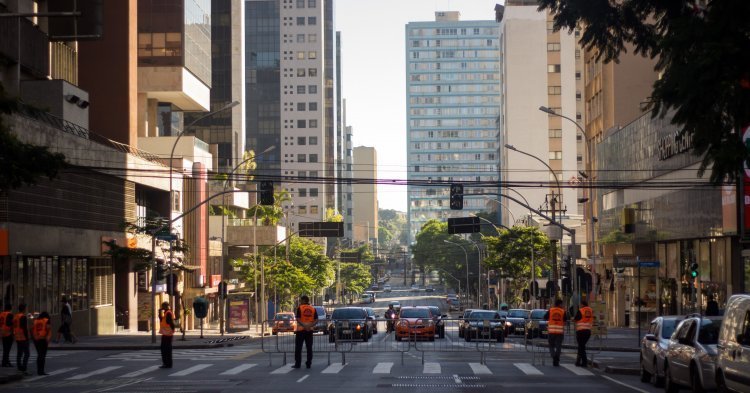It would be the largest free trade agreement of the world: The negotiations between the European Union and Mercosur have come to a conclusion. Twenty years have passed since the beginning of talks. The success came just in time for this year’s G20 meeting in the Japanese city of Osaka and shortly before the end of the European Commission under Jean-Claude Juncker. In concrete terms, for example cars exported from Europe to South America currently face tariffs as high as 35%. Together with other trade barriers they are now, after the signature of the treaty, to be abolished.
This is necessary for the EU. Since China’s influence in South America is growing and the USA with its current trade policies simultaneously retreats to isolation, withdrawing from the global stage, it’s in Europe’s interest to tap into new markets. The four Mercosur member states – Uruguay, Paraguay, Argentina and Brazil – are hence a good partner. In return, these countries want to export especially agricultural products, such as meat and soy, on better terms. The deal is not yet ratified: MPs have to wave it through before it enters into force. The agreement thus still faces a lengthy process which may take up to three years.
Meanwhile the treaty is at risk of becoming an exemplary case for misguided climate politics. To look at trade politics isolated from other political goals makes no sense – especially not at the international level. Critics have voiced their concerns about the miserable coordination between the trade and development policies of the EU: Trade deals trample on what programmes financed by European countries try to save. The stronger the climate movement becomes, the more we are at risk of making the same mistake with our climate policies. And this is what we observe: Our trade policies already thwart our climate-related efforts.
Losers of the agreement
Quite ironically it is the Brazilian President Jair Bolsonaro who declared he would follow the example of Donald Trump and exit the Paris Agreement. The protection of small farmers and the rain forest were not part of his election campaign either. Besides that, car manufacturers in all Mercosur member states are afraid of the impending losses once European cars, cheaper than South American ones, become available. European farmers on the other hand worry about not being able to compete with cheaper produce from South America. In July, fleets of tractors demonstrated in front of the European Commission in Brussels.
The EU trade Commissioner Cecilia Malmström soothed the concerns, as did the EU agriculture commissioner Phil Hogan and German agriculture minister Julia Klöckner. They on their behalf complained about the allegedly unjustified criticism and pointed primarily to the quotas to be introduced in sensitive sectors: The deal only compromises 99 000 tons of beef per year. For all further imports from South American countries to the EU, earlier tariffs apply. That is hardly a remedy for European farmers, but at most only eases the pain somewhat. Moreover, the free trade agreement contains a paragraph recalling the objectives of the Paris agreements and thus at least attempts to enforce the signatories’ adherence to environmental and social standards. This is a step in the right direction, though one in opposition to the trade agreement’s key points.
Our climate and trade policies are not in unison
What is missing from the critiques by European farmers and South American car manufacturers as well as politicians is a general discussion of whether we as consumers want cheaper meat and cars in the first place. Against the backdrop of climate considerations, the solution is as clear as it is simple: No, we do not need either. All those who take the climate crisis seriously should use higher prices as a tool to point towards the damages that lurk behind the consumption of meat and use of cars. Instead, we make sure that both become cheaper.
Free trade can pave the way to prosperity. For sectors as important to climate change as these, it can however be counterproductive in the long run. What we do not need are measures that cheapen products that accelerate CO2 emissions and already deprive people of their livelihoods. The free trade agreement between the EU and Mercosur is once again an example that it is not enough to pursue climate politics isolated from other policy areas. Instead, climate considerations need to play into everything we do – and become our first priority.



Follow the comments: |
|
